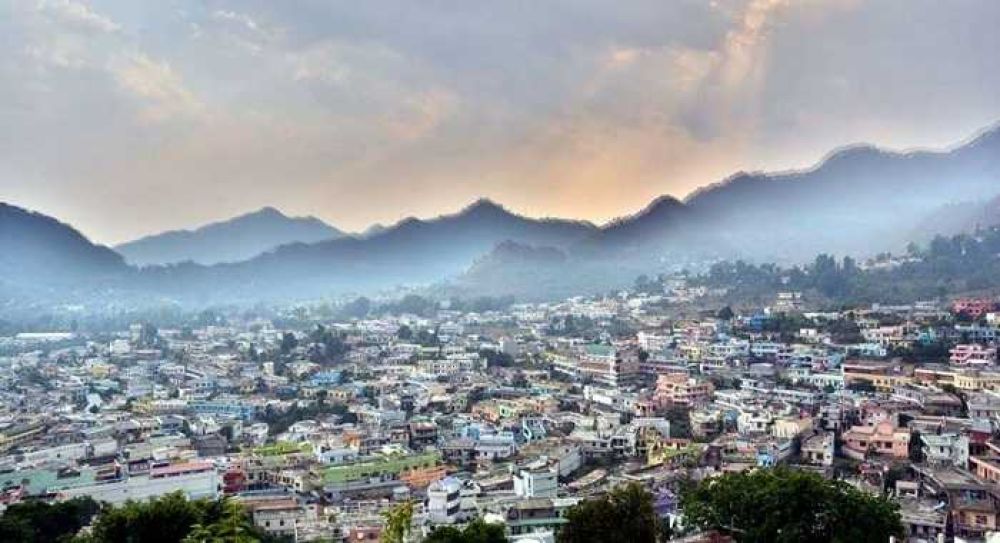

Pithoragarh, located in the easternmost Himalayan district in the state of Uttarakhand, India, is a place where nature's beauty has been generous. Nestled amidst the enchanting mountains, it is often referred to as the 'Little Kashmir'. This scenic town has a rich history that blends with the contemporary allure of nature to offer a unique tourism experience.
The history of tourism in Pithoragarh can be traced back to the time when it was part of the Manaskhand region mentioned in the Skanda Purana. The town's strategic position on the ancient pilgrim route to Kailash Mansarovar has long made it a resting point for pilgrims and adventurers alike. However, its potential for tourism started to be realized and developed post India's independence in 1947, with the region evolving from a transit point to a tourist destination in its own right.
In the late 20th century, Pithoragarh gained prominence as a base for trekkers, mountaineers, and nature lovers. With the opening of the new motorable roads and development of tourism infrastructure, more tourists began to explore the serene beauty of its landscapes, which consist of tranquil valleys, snow-clad mountains, and a rich tapestry of cultural heritage. Attractions such as the Pithoragarh fort, Kapileshwar Mahadev Temple, and the Dhwaj Temple have been magnetic points for visitors.
The improvement in connectivity has been pivotal in Pithoragarh's tourism journey. The construction of the Pithoragarh-Naini Saini airport marked a significant milestone that has continued to cater to an increasing number of visitors. Similarly, better road conditions have made remote areas more accessible, bolstering eco-tourism and adventure sports, which include paragliding, river rafting, and rock climbing.
More recently, there has been a surge in sustainable and responsible tourism practices in Pithoragarh. Tourists are increasingly seeking authentic experiences that also benefit the local community.In line with this, homestays have become popular, giving travelers a firsthand experience of the Kumaoni lifestyle and culture.
Cultural tourism is also thriving, with many visitors coming to participate in and witness local festivals such as the Jauljibi and Thal fairs, which showcase the rich tapestry of traditions and crafts. The untouched natural beauty of the place continues to be the main draw for nature photography enthusiasts and bird watchers.
The advent of digitalization has also impacted Pithoragarh's tourism. With travelers now having access to online resources, blogs, and social media, the awareness and attractiveness of Pithoragarh as a must-visit destination have grown exponentially.
The tourism history of Pithoragarh is a testament to the town’s evolution from a secluded nature's abode to a vibrant tourist hub. With continuous investments in infrastructure, and a focus on sustainable and cultural tourism, Pithoragarh is setting a commendable example for other destinations in the Himalayan region. As it stands today, the town continues to enchant visitors with its breathtaking vistas, hospitable people, and an undeniable promise of an unforgettable escape into the mountains.